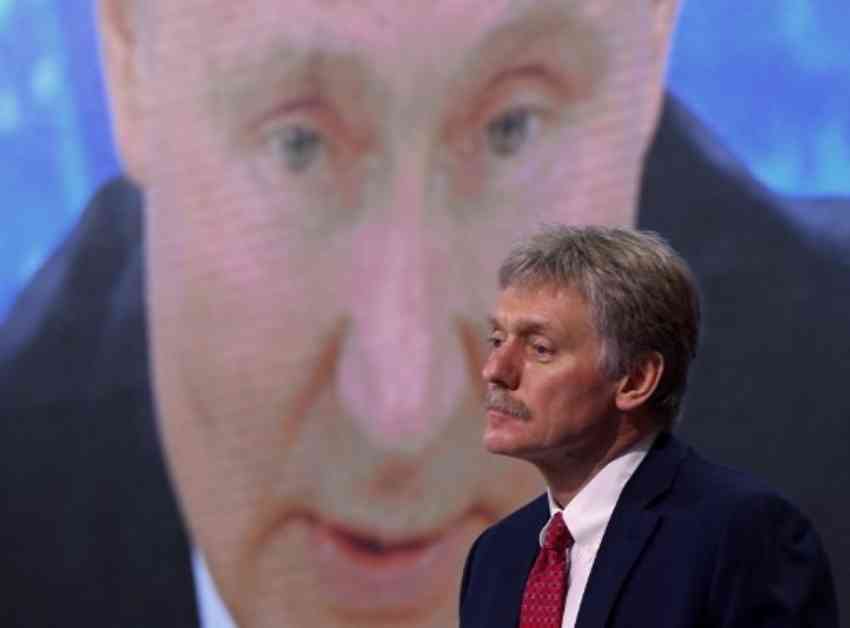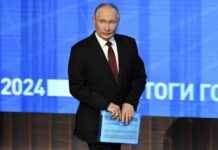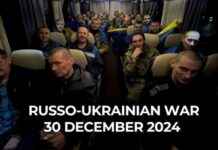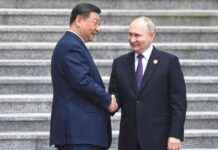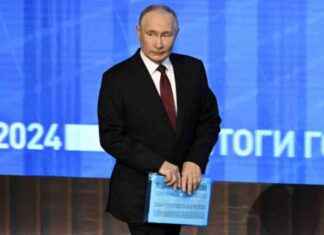The Kremlin dismissed President Volodymyr Zelensky’s readiness for direct talks with Vladimir Putin as “empty words,” sparking a new wave of tension in the ongoing conflict between Russia and Ukraine. This move comes at a crucial time, with US President Donald Trump back in the White House and Ukraine’s troops facing challenges on the battlefield in the east.
Challenging the Status Quo
Zelensky expressed his willingness to engage in negotiations with Putin to bring peace to Ukraine and its citizens, despite facing opposition from the Kremlin. However, Putin has made it clear that he will not speak directly with Zelensky, adding another layer of complexity to the diplomatic standoff. The Kremlin’s assertion that Zelensky is not a legitimate president due to his expired mandate further complicates the situation.
In response to the Kremlin’s criticism, Zelensky emphasized the need for a clear ultimatum to Putin, highlighting the urgency of the situation and the importance of international support. He also raised the idea of Ukraine having a nuclear deterrent if NATO membership is not feasible, a suggestion that was met with strong opposition from the Kremlin. These contrasting viewpoints underscore the deep-rooted tensions between the two nations.
Struggles and Resilience
Despite the challenges faced by Ukraine in combating Russian forces, Zelensky remains resolute in his efforts to defend the country’s sovereignty. The ongoing conflict has resulted in territorial losses for Ukraine, with Russian troops advancing into Ukrainian villages. However, Zelensky views the retention of Russian territory in the Kursk region as a significant achievement, setting the stage for future negotiations.
The situation in the Kursk region remains tense, with Putin acknowledging the difficulties faced by locals affected by the conflict. Displaced individuals and those who have suffered material losses are in need of humanitarian assistance, highlighting the human impact of the ongoing hostilities. As tensions escalate, the need for diplomatic solutions becomes increasingly urgent to prevent further escalation of the conflict.
As the standoff between Russia and Ukraine continues to unfold, the international community watches with bated breath, hoping for a peaceful resolution to the longstanding conflict. The complexities of the situation, coupled with the personal stories of those affected by the conflict, underscore the human toll of war and the importance of finding common ground through dialogue and diplomacy. The road to peace may be long and arduous, but the resilience of the Ukrainian people and their unwavering determination to defend their nation’s sovereignty offer a glimmer of hope in the face of adversity.
